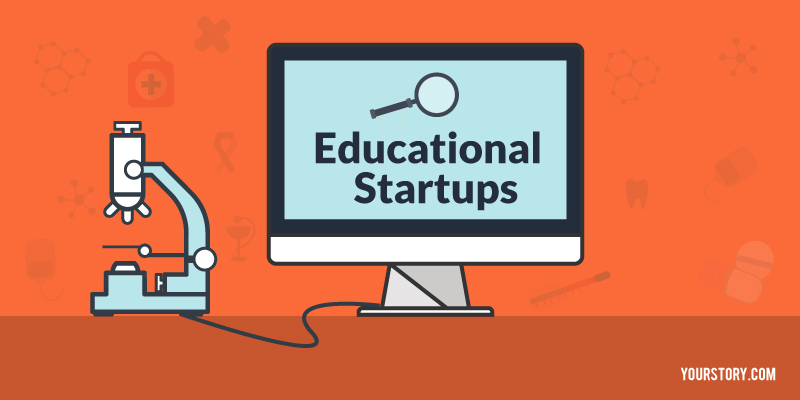
College is about more than just classes and exams. While textbooks give you knowledge, there’s so much more to learn outside the classroom. To truly get the most out of your college experience, it’s important to focus on hands-on skills that will benefit you in the real world. Here’s how you can maximize your learning beyond the textbooks.
Table of Contents
Toggle1. Get Involved in Extracurricular Activities
Joining clubs, sports teams, or student organizations is a great way to learn leadership, teamwork, and time management—skills you won’t find in a textbook. These activities can also help you meet new people, expand your network, and have fun while learning.
2. Pursue Internships and Volunteer Work
Internships and volunteering are key to gaining real-world experience. They allow you to apply what you’ve learned in class to actual situations and help you build connections in your field. Even a small internship or volunteer role can make a big difference in your career path.
3. Make Use of Campus Resources
Most colleges offer resources like workshops, career services, and innovation labs. Take advantage of these opportunities to enhance your skills. From learning new technologies to improving your resume, campus resources can provide a wealth of knowledge beyond the textbooks.
4. Master Time Management
Balancing academics with your social life and possibly a part-time job can be challenging. Good time management is key to handling everything smoothly. Using planners or time-management apps can help you stay on track and make your college life more manageable.
5. Learn Outside the Classroom
College is full of opportunities to learn outside of your required courses. Attend guest lectures, watch online courses, or read books that spark your curiosity. Exploring subjects beyond your major can expand your horizons and open up new areas of interest.
6. Improve Your Communication and Networking Skills
Whether it’s giving presentations or chatting with professors, college offers plenty of opportunities to develop communication skills. Networking events and student mixers can also help you build relationships that may be valuable in the future.
7. Take on Leadership Roles
Leadership roles, even in small clubs or group projects, teach valuable lessons in decision-making and problem-solving. These roles will give you confidence and prepare you for managing teams in your future career.
8. Embrace Diversity
College is a great place to meet people from different backgrounds and cultures. Engaging with a variety of perspectives helps you grow personally and professionally. Learning how to work with people from diverse backgrounds will be an asset in your career.
9. Focus on Critical Thinking
Instead of just memorizing facts, college teaches you to think critically and solve problems creatively. Whether in class discussions or personal projects, practicing critical thinking helps you approach challenges in new ways, preparing you for any situation.
10. Take Care of Your Well-Being
It’s easy to get caught up in the hustle, but don’t forget to take care of yourself. Exercise, rest, and mental health are crucial for staying focused and productive. A healthy mind and body will help you perform your best, both in and outside the classroom.
Conclusion: Learning Beyond the Classroom
While textbooks are important, they’re just one piece of the puzzle. College is the perfect time to gain practical skills, make meaningful connections, and develop as a person. By getting involved, managing your time well, and taking care of your well-being, you can make the most out of your college experience and set yourself up for success in the future.










